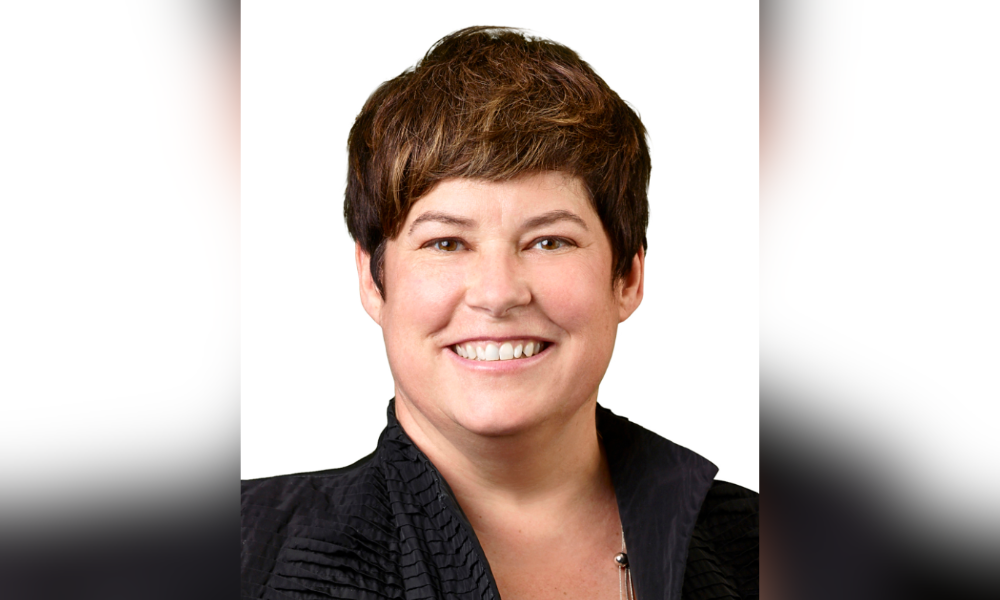
The court cited an expert's opinion that the collected data did not contain biometric information

The Supreme Court of British Columbia will not certify a proposed class action alleging that Cadillac Fairview secretly collected biometric data from shoppers at some of the busiest malls in the country, ruling that the lawsuit failed to prove that there is an identifiable class of wronged shoppers or that there are common issues that can be resolved through a class action.
“Questions as to whether the defendants invaded the plaintiffs’ privacy under various statutes and are liable to pay the plaintiffs’ damages for such breaches are all questions that are founded on the existence of a common factual allegation of wrongdoing,” the court wrote in its May 15th decision.
“Since the plaintiffs have failed to establish any basis in fact to conclude that these allegations could be proved on a class-wide basis, it follows that the question of liability is not determinable on a class-wide basis.”
Three individuals filed the lawsuit against Cadillac Fairview over a pilot project that the commercial real estate company ran in 2018. The project aimed to estimate the number of visitors at Cadillac Fairview-owned malls along with their approximate age and gender. The company gathered this data using cameras installed in mall directories at Vancouver’s Pacific Centre, Toronto’s Eaton Centre, and 10 other Cadillac Fairview properties but did not notify visitors that they were being monitored or recorded.
The company turned off the data-gathering software in July 2018 after misinformation began circulating on Reddit and other platforms, suggesting that the software was facial recognition technology. Cadillac Fairview did not receive or use the data, which was securely held by the mapping platform MappedIn on a decommissioned server.
In their proposed class action, the plaintiffs alleged Cadillac Fairview breached mall visitors’ privacy rights by collecting personal data, such as facial images, and converting it into numerical data. A similar lawsuit was filed in Quebec, but the parties have paused it.
In its decision, the BC Supreme Court noted that under the province’s Class Proceedings Act, courts can only grant certification to an “identifiable class” of two or more people.
The plaintiffs proposed a class of individuals “who viewed a wayfinding directory at one or more of [Cadillac Fairview’s] shopping malls during the relevant periods and any persons including minors, who accompanied them.” Noting that the court’s job at this stage is to determine whether at least two people in this proposed class could self-identify as class members, the court said the answer was no.
The court cited a computing expert’s conclusion that the data Cadillac Fairview collected contained no biometric information and could not be used to identify specific individuals. The expert, Simon Fraser University professor Richard Zhang, also said there was a “close to zero” likelihood that a person would be able to identify themselves in the data.
“I find that there is no factual basis to demonstrate that the class members can self-identify as is clear in the Zhang report and no rational relationship between the proposed class definition and the fundamental common issues, being that a facial image of an individual was recorded and used to create biometric and personal information about that individual,” the court wrote.
The court said the plaintiffs’ lawsuit also failed to prove that “the claims of the class members raise common issues,” as required under the Class Proceedings Act. The plaintiffs had identified the core common issues as whether the facial images of the proposed class members were recorded at one of Cadillac Fairview’s malls’ wayfinding directories, whether the recorded facial images were used to create biometric and personal information about the class members, what information was created, how it was stored, and how that information was used.
The court said two reports prepared by Zhang constituted the only evidence it had as to whether facial images were recorded and used to create information about the proposed class members.
“Dr. Zhang unequivocally opines that the answer to both questions is no,” the court said. “Since I have no evidence that could support some basis in fact for these claims, there is no basis in fact for the existence of these questions as common issues amongst all the plaintiffs.”
The court also said the plaintiffs failed to prove that a class action was the best way to pursue their claims.
In a statement on Tuesday, Kirsten Thompson, a partner at Dentons who represents Cadillac Fairview and the other defendants in the case, noted that the court’s analysis declined to rely on a report prepared by the Privacy Commissioner of Canada, the Information and Privacy Commissioner of Alberta, and the Information and Privacy Commissioner of British Columbia on whether Cadillac Fairview was collecting and using the personal information of mall visitors.
“The first is a clear statement from the court that the findings in a report from a privacy commissioner cannot be relied on as evidence,” Thompson said. “This means class counsel will need to make investments to build their own case and can no longer simply rely on the fact of a privacy commissioner’s report to get them through certification.” She added that the court’s decision would likely reduce businesses’ risk of being targeted with a class action after being subject to a privacy investigation.
Thompson added that “the court took seriously its gatekeeping role at certification, a trend that has been emerging across the common law jurisdictions in Canada.
“In the absence of evidence, courts are increasingly reluctant to certify, which is what happened here,” she said. “While the bar for certification remains low, there must still be evidence to support the claims.”
Counsel for the plaintiffs did not respond to a request for comment.